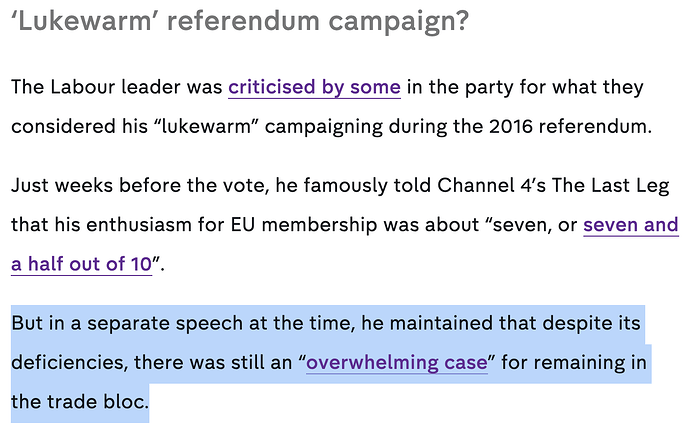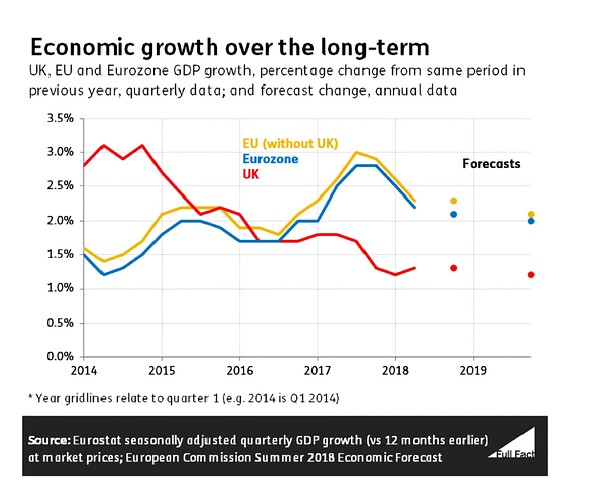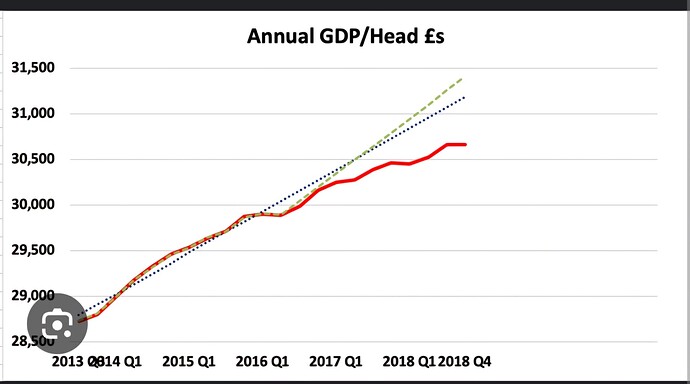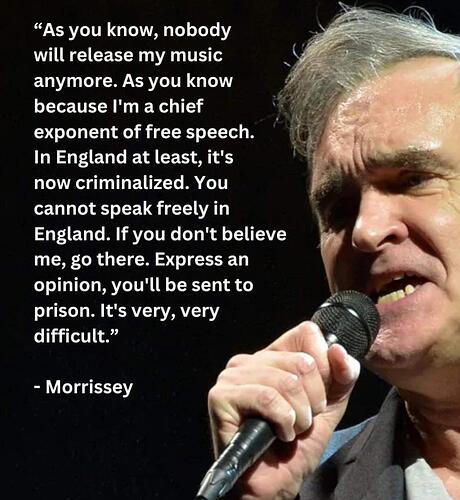Nine water companies, including stricken Thames Water, have been prevented from using customer money to fund “undeserved” bonuses for top bosses worth £6.8 million under new powers, the regulator has announced.
Ofwat said it had stepped in to halt water companies that cannot show that bonuses are sufficiently linked to performance from using customer money to fund the payouts, amounting to 73% of the total executive awards proposed across the industry.
Debt-laden Thames Water is among three firms – also including Yorkshire Water, and Dwr Cymru Welsh Water – which were directly blocked from allowing customers to pay £1.55 million of bonuses.
Ofwat said a further six companies had voluntarily decided not to push the cost of executive bonuses worth a combined £5.2 million onto customers, with shareholders instead paying.
It added it would otherwise have moved to block the payouts.
David Black, chief executive of Ofwat, said: “In stopping customers from paying for undeserved bonuses that do not properly reflect performance, we are looking to sharpen executive mindsets and push companies to improve their performance and culture of accountability.
“While we are starting to see companies take some positive steps, they need to do more to rebuild public trust.”
Ofwat said new rules on water company bonuses and dividend payouts to shareholders were “beginning to bite” in their first full year since being introduced.
In blocking the awards, Ofwat will instead adjust costs for the companies so that they cannot recover it from customers.
It revealed that Thames Water – more than £16 billion in debt and at the centre of growing public outrage over pollution and rising bills – was planning to use customer cash to pay £770,000 in bonuses for its chief executive Chris Weston and chief financial officer Alastair Cochran.
Action was also taken against £616,000 worth of payouts for top bosses at Yorkshire Water and £163,000 of bonuses at Dwr Cymru Welsh Water.
Secretary of State for Environment, Food and Rural Affairs Steve Reed said: “It is disgraceful that half of water companies have given out unjustifiable and unmerited bonuses.
“That is why this Government is introducing urgent legislation to ban the payment of unfair bonuses to polluting water bosses so payouts of this kind can never happen again.
“But there are deeper issues that need long-term solutions, which is why we have launched the largest review of the sector since privatisation.”
Water firms paid out a total of £9.3 million in executive bonuses over the last financial year, Ofwat revealed.
It comes at a time of growing public and political pressure on the sector to address a dire recent performance on sewage pollution and leaks while customer bills are soaring.
Ofwat said it would be able to block bonus payouts entirely under the new water Bill being brought by the Government.
The regulator also published its latest report on water firm resilience showing that £1 billion was paid out in shareholder dividends in 2023-24, though this was £400 million less than the previous year thanks to a “clearer link” to performance.
In the report, it named Thames Water, South East Water and Southern Water as being in need of action to address big holes in their finances.
This means that the three firms are subject to high priority monitoring and cash lock-up measures, which prevents them from paying dividends without approval from the regulator.
A further seven companies have been declared as having an “elevated concern” over their financial resilience, while six firms are deemed to be “standard”, with no specific concerns over their financial health.
Mr Black said: “Our new rules on exec pay and dividends link both to company performance
“Through these new rules, our enforcement action and our incentive regime, which has imposed £430 million in performance penalties since 2020, we are challenging companies to deliver improvements for both customers and the environment.”
Water watchdog Ofwat is expected to confirm in December how much it will allow water companies to increase their bills by over the next five years.








